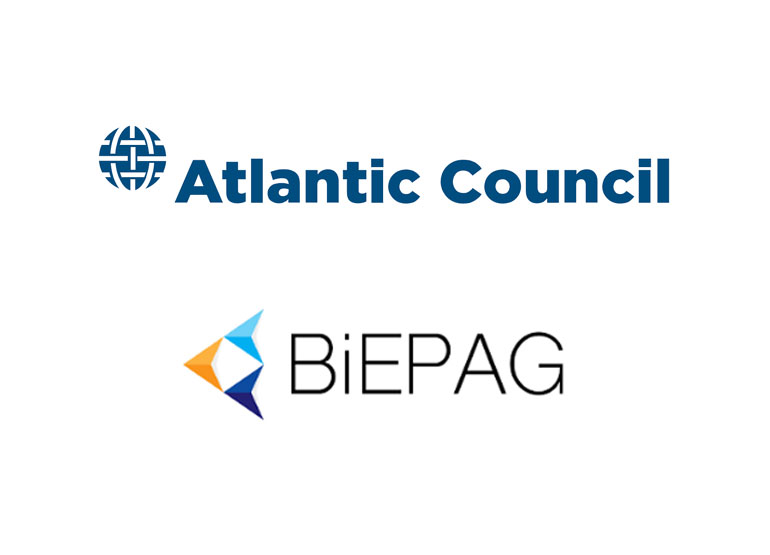
Please join the Atlantic Council’s Future Europe Initiative and the Balkans in Europe Policy Advisory Group on Thursday, December 10 from 11:30 a.m. – 12:30 p.m. EST / 17:30 hrs – 18:30 hrs CET for the launch of a new report, “The suspicious Virus: Conspiracies and COVID-19 in the Balkans.”
The event features leading regional experts who conducted research in the Western Balkans six to discuss how the COVID-19 pandemic reinforced geopolitical competition in the region, the disruptive role of conspiracy theories, and the implications for Euro-Atlantic integration.
As the Western Balkans six confront the COVID-19 crisis, the virus has given rise to new conspiracy theories that erode trust in public health initiatives and democratic institutions. Despite breakthroughs in vaccine development around the world, conspiracies threaten to undermine government efforts to curb the virus and complicate the dissemination of important information. Such conspiracies also reinforce existing geopolitical preferences and heighten anti-Western narratives, leading to an uncertain future for the Balkans and its role in the transatlantic community at a critical time.
We hope you will join us for this timely discussion as experts explain the basis for COVID-19 conspiracy theories in the Balkans and outline recommendations for policymakers and stakeholders to restore public trust in order to navigate the current crisis.
Featuring:
Dimitar Bechev
Nonresident Senior Fellow, Eurasia Center,Atlantic Council;
Director, European Policy Institute, Sofia
Florian Bieber
Director, Centre for Southeast European Studies,University of Graz;
Coordinator,Balkans in Europe Policy Advisory Group (BiEPAG)
Dejan Jović
Professor of International Relations,Faculty of Political Science,University of Zagreb;
Member,Balkans in Europe Policy Advisory Group (BiEPAG)
Tena Prelec
Research Fellow, Department of Politics and International Relations (DPIR),University of Oxford;
Member, Balkans in Europe Policy Advisory Group (BiEPAG)
Moderated by:
Tim Judah
Balkans Correspondent
The Economist